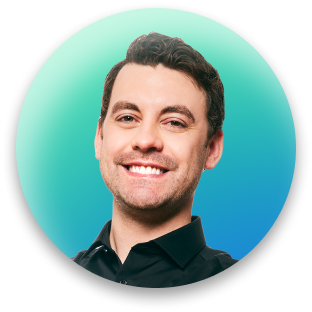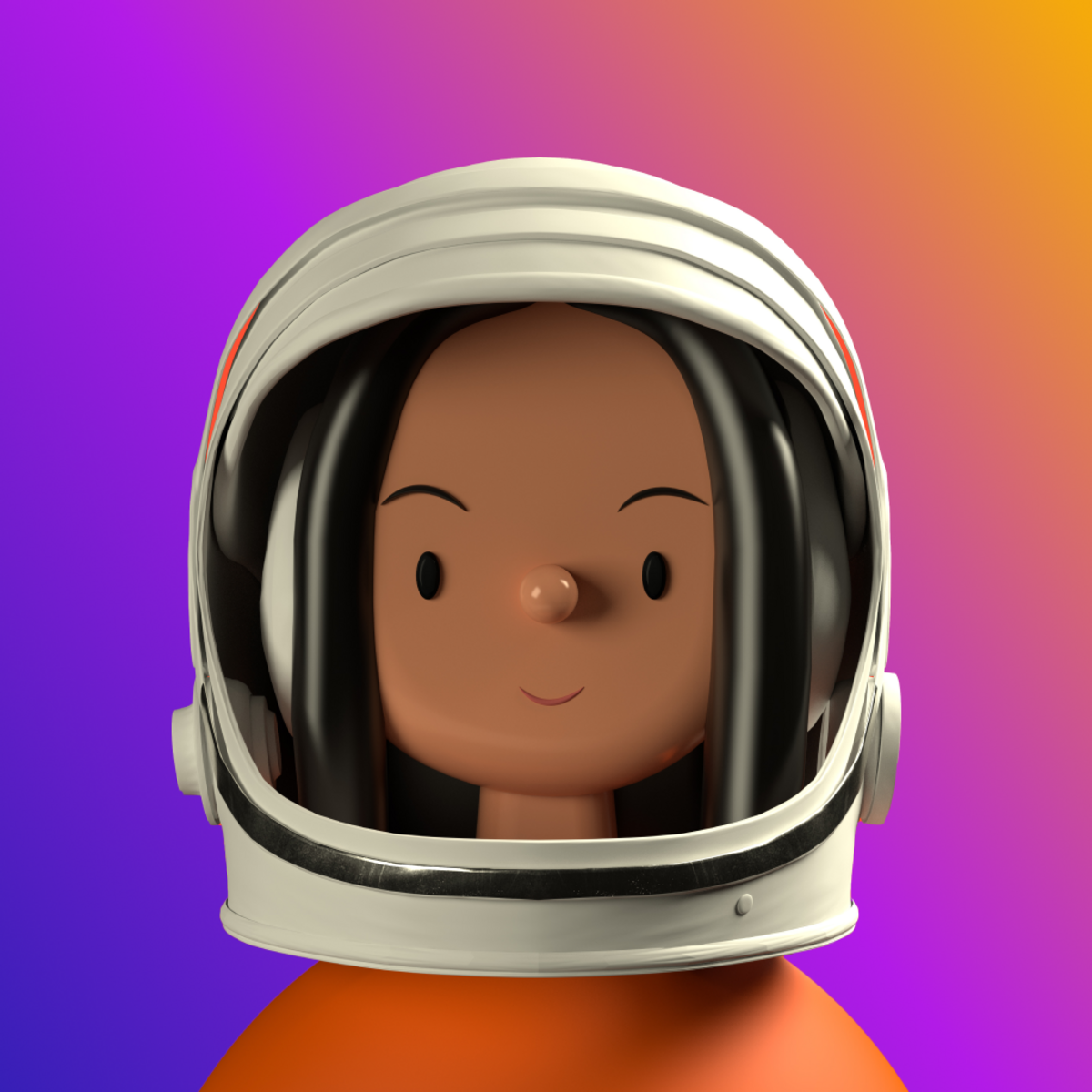
In my favorite book on human development, The End of Average, Todd Rose provides compelling research, backed by countless examples, of how everyone learns and develops in their own way. Two ‘principles of individuality’ he outlines in the book are jaggedness (we all have different talents), and that context matters (we feel and behave like we do depending on the environment).
For example, drop me into a cocktail party and I probably won’t do a great job of meeting new people, but hand me a guitar and I’ll have no problem singing at the top of my lungs in front of that same room of strangers. And that’s the central tenet of the book: we can describe attributes or abilities on average, but an average isn’t helpful when it comes down to specific individuals or situations.
The unique combinations of our talents and our contexts dictate how we feel and how we behave. And importantly, how we learn.
That brings us to the third principle of individuality: pathways. It states that:
“there is not a single, normal pathway for any type of human development— biological, mental, moral, or professional…and for any given goal, there are many, equally valid ways to reach the same outcome…the particular pathway that is optimal for you depends on your own individuality.”
That’s all to say, we all learn in different ways and at different rates, whether it’s taking our first steps or our final exams. But that isn’t how most learning systems are designed. Think through your own educational journey: were there times that making the material more relevant to you and learning at your own pace would have worked better than what was probably standardized instruction to a large group of students? If so, you’re not alone!
A seminal study on improving learning outcomes found that combining one-on-one tutoring with mastery learning was a vast improvement on traditional classroom education. In fact, “vast improvement” may be an understatement: in a controlled experiment, the average score for the group of students who received personalized tutoring was higher than the scores of 98% of students placed in a conventional learning environment.
That research provided early evidence that customizing instruction and moving at whatever pace enables total understanding of a subject is the most effective way for students to learn. However, as you might guess, it’s a resource-intensive approach. And although personalized learning has been implemented with success in some schools, it wasn’t truly scalable until education technology came on the scene. Encouragingly, a recent meta-analysis of 34 studies found that technology-facilitated personalized learning was more effective than traditional learning, and that certain learning methods and software further improved that effect.
It’s worth noting that personalized learning technology has been criticized as detached from broader social contexts and driven by corporate interests, and that it minimizes the role of teachers. Though, it does appear that teachers themselves are largely in favor of digital personalized learning. It has also been argued that to implement personalized learning properly, learning tasks should be created by kids, those tasks should create meaning and integrate what kids learn into their lives, and that learning goals should be broader than simply raising test scores.
Personalized learning has long held great potential. And with recent advances in AI at our disposal, the ability to create effective learning experiences with children, that move along at their own pace, and that reflect meaningful aspects of their own lives and culture, is more possible than ever before. We’re optimistic that these new technologies can bring effective, personalized learning to all children, helping them to level up not just their academic abilities, but life skills like confidence as well.


